9 Superfoods That Naturally Lower Bad Cholesterol Faster Than Any Pill
High cholesterol isn’t just a number on a lab report—it’s a concern that can echo through every stage of life, especially as we age. If you’ve ever felt overwhelmed by the idea of “eating right” or wondered whether food could truly compete with medication, you’re far from alone. Approximately 86 million American adults grapple with high cholesterol, and for many, the solution feels elusive, hinging on pills or drastic changes. Yet science offers comforting news: certain everyday superfoods have the potential to lower harmful LDL cholesterol with gentle, sustainable power. This is not about perfection, nor about quick fixes. Instead, it’s about small, consistent steps—delicious choices you can welcome onto your plate without fear or judgment. Think of these foods as allies, each one offering a unique way to support your heart. If you’ve struggled to believe a better path is possible or simply want to know what might actually work, join us as we explore nine superfoods proven to lower bad cholesterol naturally, more gently and often more quickly than you might expect.
1. Oats: Soluble Fiber’s Gentle Sweep
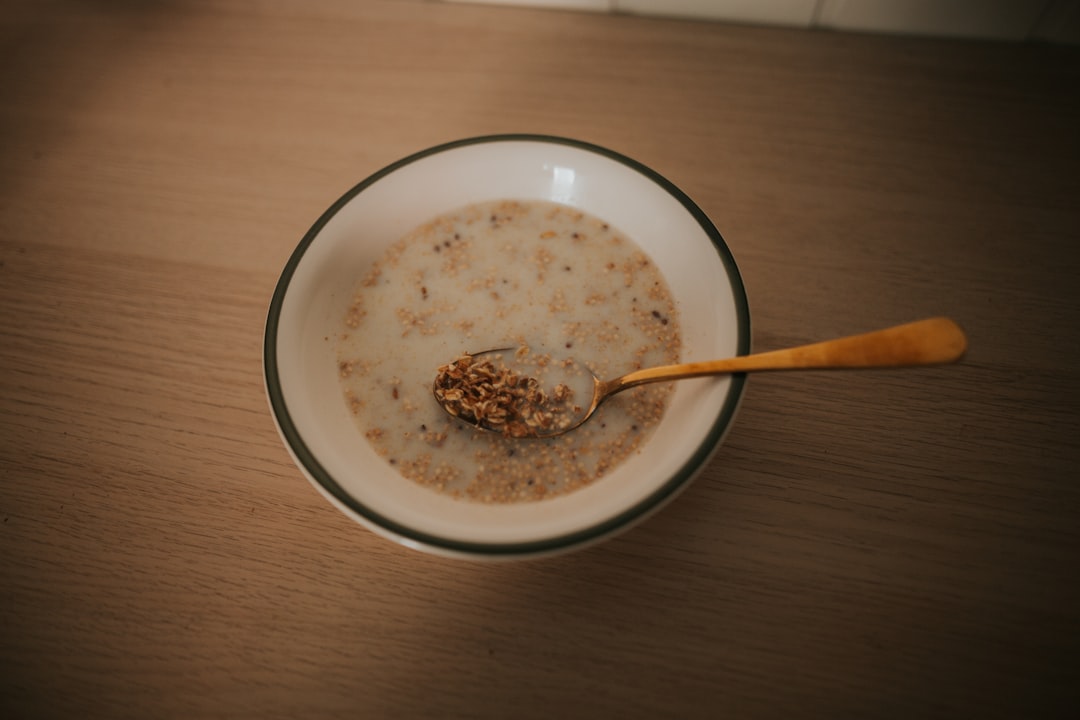
Imagine starting your day with a humble bowl of oatmeal and quietly giving your heart a daily gift. Oats are celebrated not only for their comforting warmth but for their rich supply of soluble fiber—a type of fiber that acts like a tiny sponge, binding with bad cholesterol (LDL) and carrying it out of your body. According to the National Lipid Association, even just 5-10 grams of soluble fiber per day can make a meaningful difference, and a half-cup of cooked oats offers about 2 grams. It doesn’t take much, but consistency is key. Whether you prefer classic oatmeal, tossing oats into smoothies, or sprinkling them over yogurt, every spoonful counts. Dr. Jennifer Haythe from Columbia University explains, “Because you digest fiber slowly, it’s able to bind to cholesterol and remove it from the body.” For anyone tired of complicated diets or harsh restrictions, oats offer a realistic, warm, and nurturing start that sets the tone for heart-healthy eating all day long.
2. Salmon: Omega-3 Powerhouse

There’s something deeply nourishing about a piece of tender, flaky salmon—not just for your tastebuds, but for your cardiovascular system. Fatty fish like salmon are packed with omega-3 fatty acids, which play a crucial role in reducing both LDL cholesterol and triglycerides, according to the American Heart Association. Two 3.5-ounce servings per week can tip the balance toward healthier levels. Omega-3s not only help clear cholesterol from the bloodstream but may reduce inflammation that can clog arteries over time. If fish isn’t your go-to protein, consider easy swaps like canned salmon in salad or a simple grilled fillet for dinner. And if you’re not partial to salmon, other options like mackerel, herring, and deep-sea tuna bring similar benefits. For those who prefer a plant-based approach, algae-based omega-3 supplements can also lend a helping hand, but nothing quite matches the wholesome impact of fish on your plate.
3. Walnuts & Almonds: The Daily Crunch
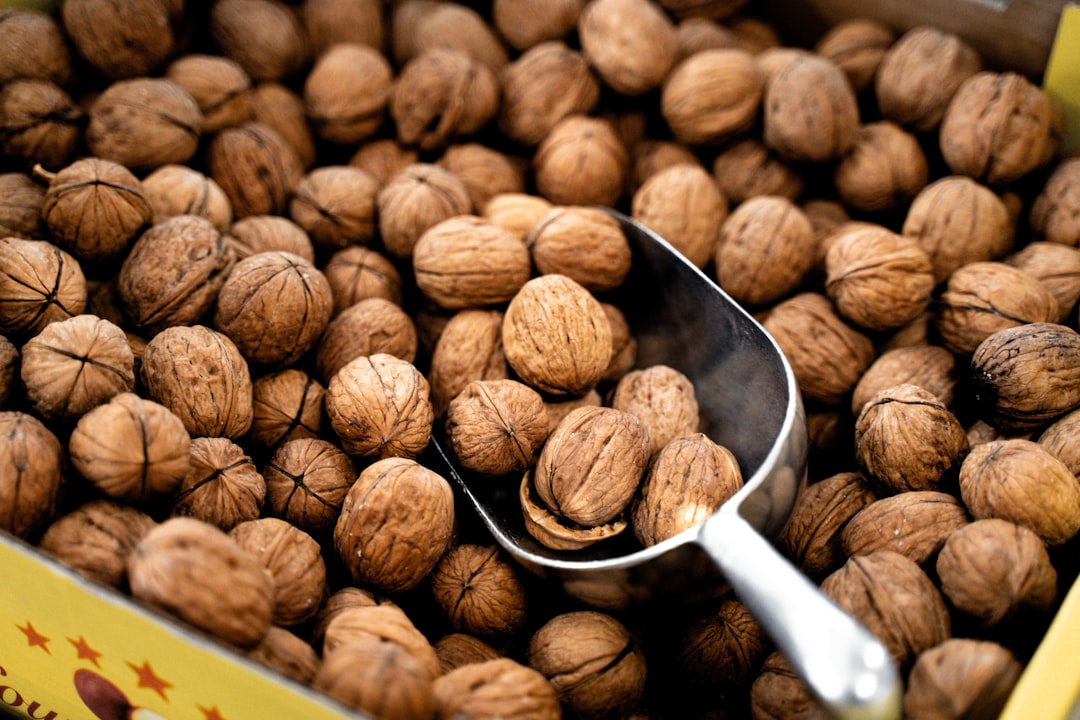
Sometimes, heart-healthy choices are as satisfying as a handful of nuts. Walnuts and almonds stand out for their combination of unsaturated fats, plant sterols, and fiber—all proven allies in lowering LDL cholesterol. Research highlighted by Prevention.com links regular tree nut consumption to lower total cholesterol, and both walnuts and almonds shine brightest in study after study. Snack on a small handful (about 1 ounce) a day, toss them onto salads, or blend them into your morning smoothie for a powerful yet effortless upgrade. The beauty lies in how simple they are to add—no prepping, no elaborate recipes, just a nutritious crunch. While nuts are calorie-dense, they’re also filling, making mindless snacking less likely. Each bite delivers much more than flavor: it quietly supports your heart and offers a daily moment of nurture that feels indulgent yet wise.
4. Avocado: Creamy Monounsaturated Hero
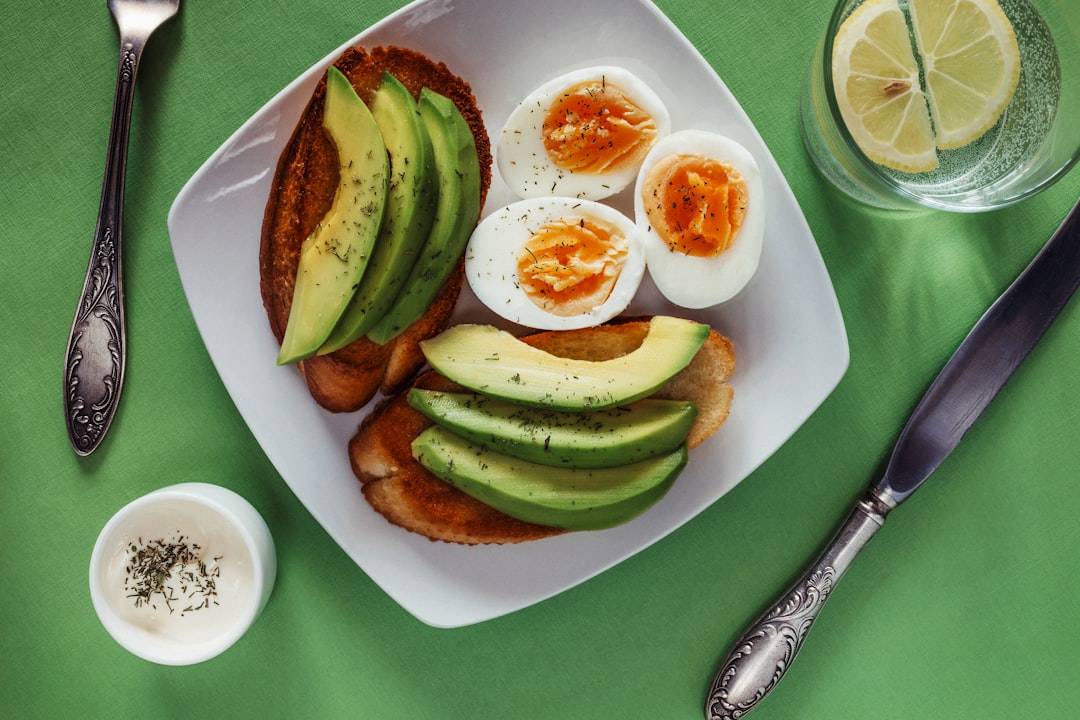
For many, the allure of avocado is its creamy texture and the way it transforms toast, salads, or sushi into something special. What makes this green fruit even more irresistible is its wealth of monounsaturated fats—a healthy fat that actually helps lower bad cholesterol while raising good (HDL) cholesterol. Research consistently ties avocado consumption with improved lipid profiles and healthier hearts. Try adding just half an avocado to your meals each day; it’s a flexible, flavorful swap for processed spreads or butter. Avocados bring not just nutritional value but also joy to ordinary routines: that bright green slice can turn lunch into a celebration of self-care. Their unique fatty acids support artery health and can become an easy, sustainable habit for anyone aiming to gently care for their cholesterol, one delicious bite at a time.
5. Green Tea: A Soothing Catechin Boost
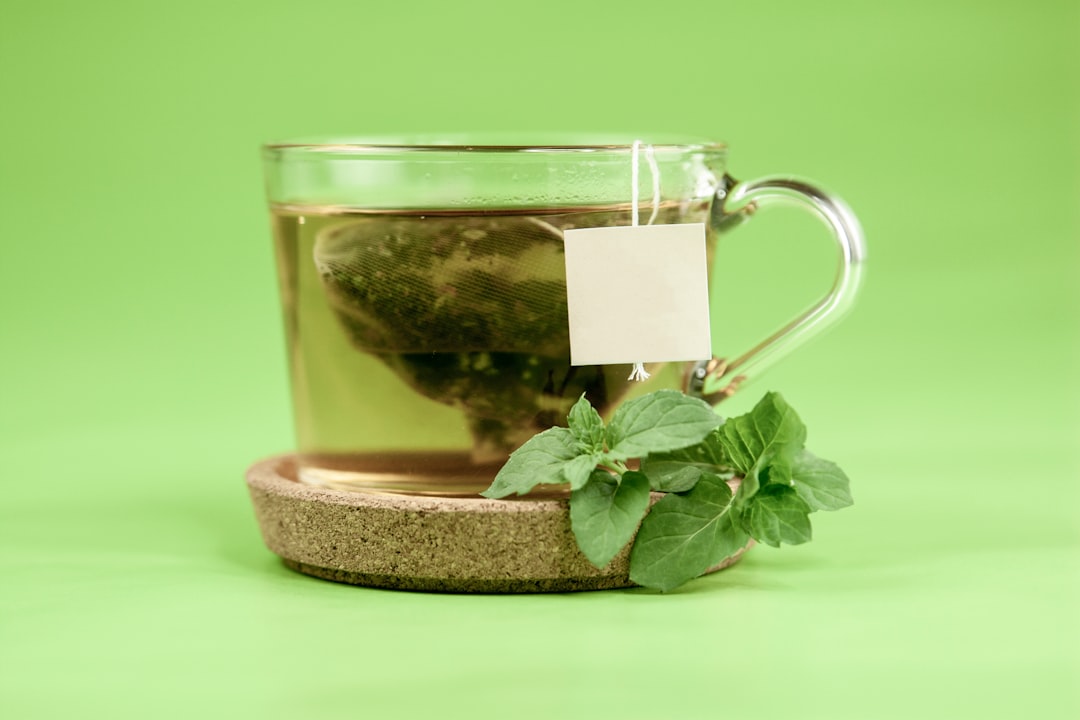
Sometimes a heart-healthy ritual is as simple as brewing a cup of green tea and pausing for a few mindful breaths. Rich in flavonoids called catechins, green tea has been shown to lower LDL and total cholesterol, especially when enjoyed without sugar. A study from the University of Illinois points to these unique compounds as the magic behind the brew, breaking down LDL cholesterol and easing inflammation in the arteries. Dr. Howard Sesso of Harvard Medical School recommends making tea a regular companion thanks to these natural benefits. Whether you prefer it hot or iced, savoring one to three cups a day can become both a soothing pause and a purposeful act of self-care. Skip the sweeteners to keep its effects potent, and give your body a gentle yet powerful nudge in the right direction.
6. Soy (Edamame/Soy Milk): Smart Plant Protein
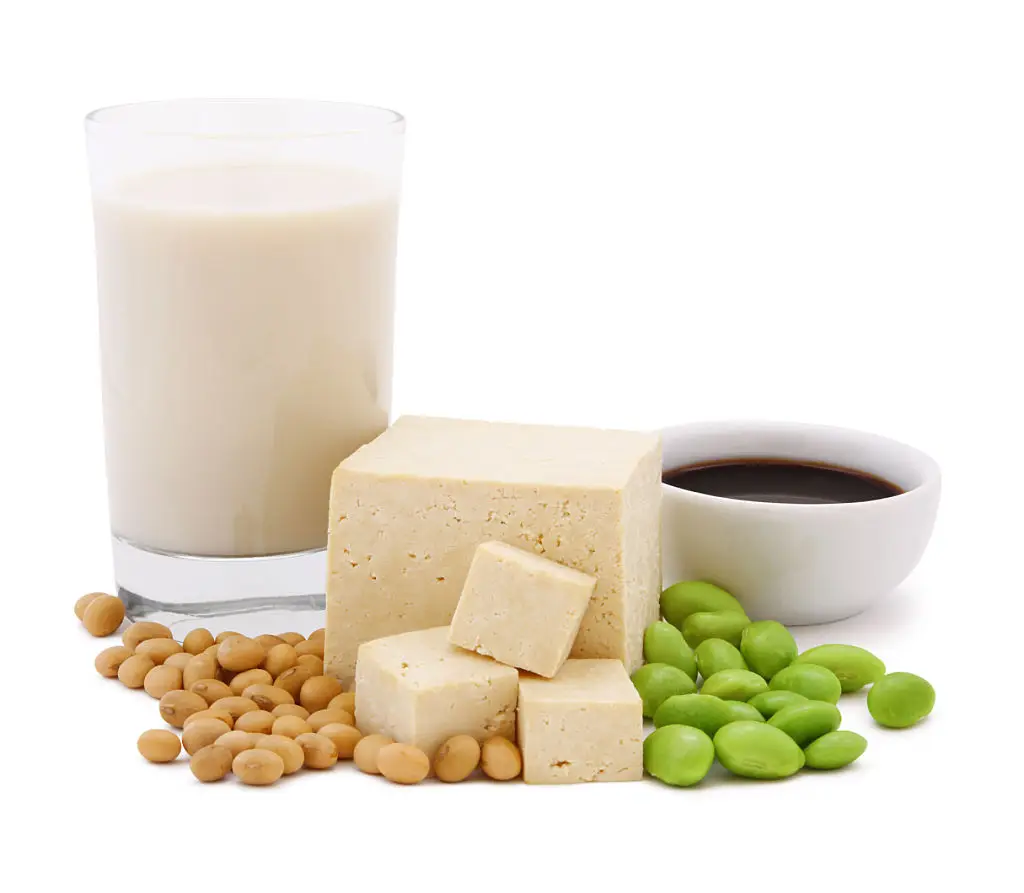
Soy might already be a staple in your kitchen, but you might not realize how powerfully it supports heart health. University of Illinois researchers recently identified specific soy proteins that directly help regulate LDL cholesterol levels. Foods like edamame and soy milk are especially rich in these proteins—glycinin and B-conglycinin—which seem to act as little sponges, absorbing and removing bad cholesterol from your system. Dr. Elvira de Mejia describes soy’s absorbent effect as a bonus for anyone looking to quietly support healthy cholesterol. If cow’s milk isn’t for you, try soy milk as a creamy, plant-based swap, or incorporate edamame into salads, stir-fries, or as a protein-packed snack. Aim for one to two servings daily for steady support, and enjoy knowing that these foods do double duty as both heart and muscle allies.
7. Olive Oil: Heart-Healthy Foundation
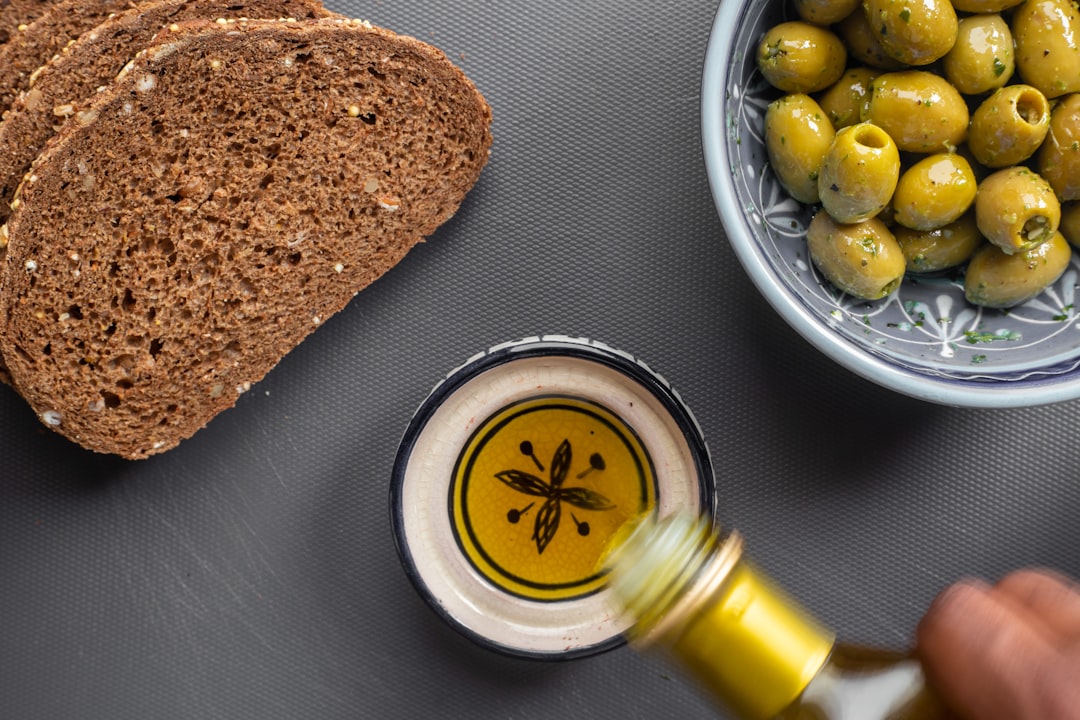
Olive oil is more than a pantry staple; it’s a foundation of the Mediterranean diet and one of the most researched foods for heart health. Unlike saturated fats (think butter or lard), olive oil is rich in monounsaturated fat, which helps lower bad cholesterol without compromising flavor. Healthline suggests using olive oil as your main cooking oil or as a luscious drizzle over vegetables and salads. About two tablespoons a day is often enough to see a benefit—just enough for a salad or to sauté your favorite veggies. What makes olive oil so simple and sustainable is how seamlessly it replaces less healthy oils and spreads. Switching to olive oil doesn’t require radical change—just a willingness to make small swaps that build better habits, one meal at a time.
8. Blueberries: Antioxidant Allies
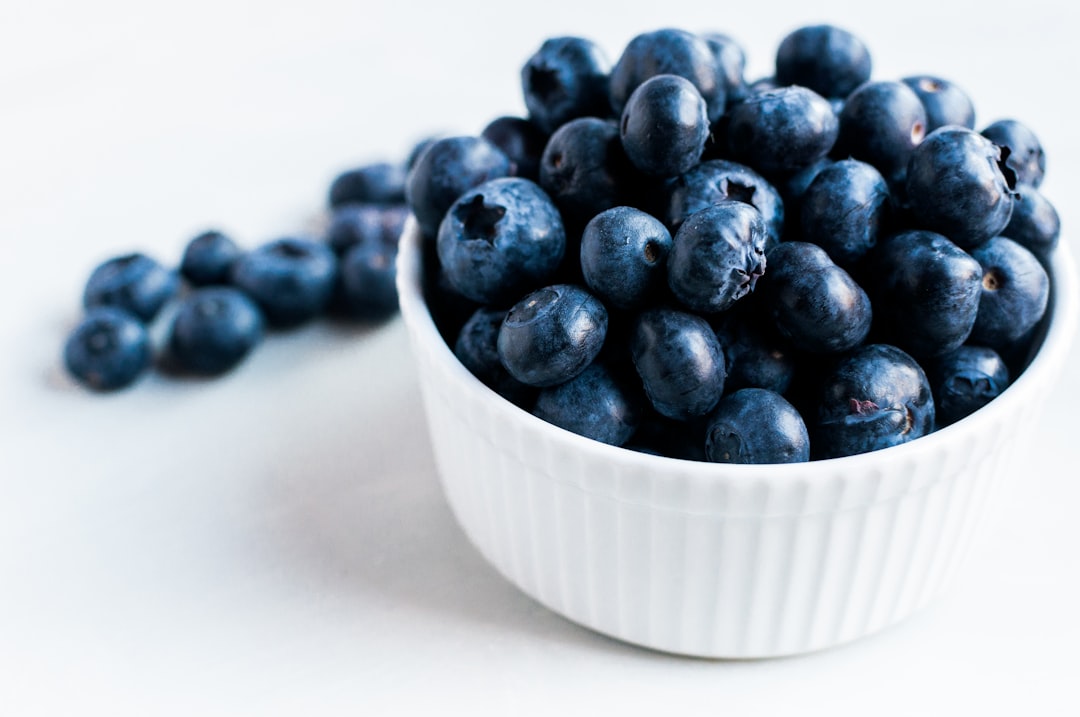
Sweet, tart, and endlessly versatile, blueberries are potent supporters of cholesterol health. Packed with polyphenols—antioxidants shown to improve arterial health—blueberries may help lower cholesterol and keep blood vessels supple. Studies link regular intake to better heart outcomes, and their natural sweetness makes them an easy addition to almost any meal. Stir a handful into oatmeal, blend them into smoothies, or simply enjoy them by the bowlful for a snack that supports both your tastebuds and your well-being. One cup a day is a delicious benchmark that delivers benefits without feeling like medicine. Little changes, like reaching for blueberries over a sugary dessert, can add up gently, making this superfood a beautiful, bite-sized form of daily nurture.
9. Fortified Foods: Plant Sterols & Stanols in Action
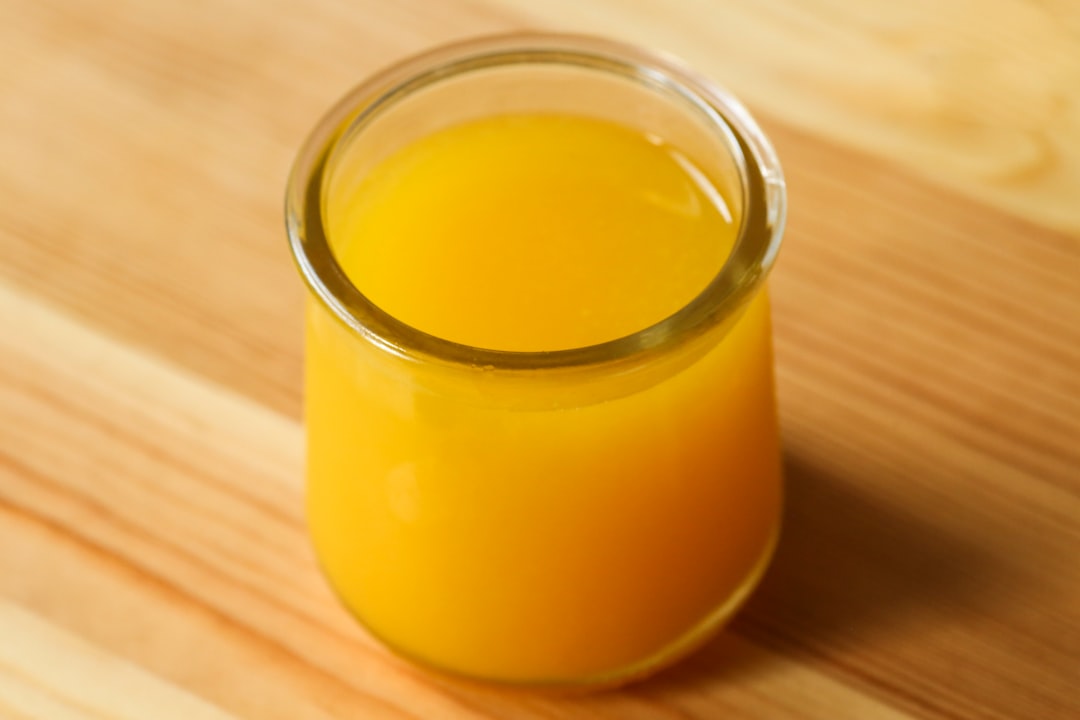
Not all superfoods grow in the ground—some are crafted in the kitchen to bring you the best of both science and nature. Plant sterols and stanols are unique compounds added to specific margarines, orange juices, and cereals, mimicking cholesterol’s structure to block its absorption in your gut. Numerous studies confirm their effectiveness when consumed regularly—often lowering LDL by up to 10% or more. They offer a targeted, convenient way to get support, especially if you enjoy toast or a daily glass of juice. Look for the “fortified with plant sterols/stanols” label, and enjoy these foods alongside a balanced diet for maximum effect. Every small choice matters, and these modern superfoods can be a quiet but consistent ally on your path to improved cholesterol.
A Heartfelt Path to Lower Cholesterol
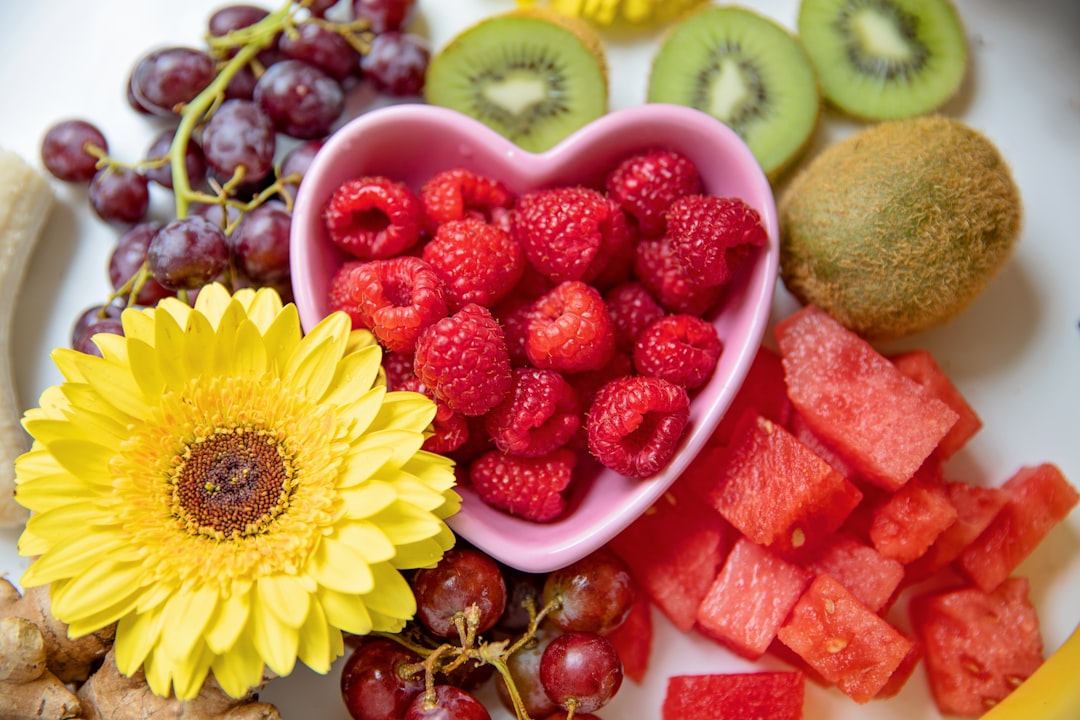
Bringing down bad cholesterol doesn’t call for deprivation or dramatic overhauls—it begins with small, compassionate choices that honor where you are today. Whether you stir oats into your morning, enjoy the flavor of fresh blueberries, or make olive oil your go-to ingredient, each shift is a celebration of progress. These nine superfoods aren’t meant to replace your doctor’s advice or medications, but they do offer hope that your kitchen can become part of your healing journey. There’s power in every meal, every snack, and every cup of tea you enjoy. Embrace these foods as trusted companions on your path to vibrant, lifelong wellness—cheering you on with each step. Remember: you don’t have to be perfect to change your heart’s story. Every nourishing choice truly counts.